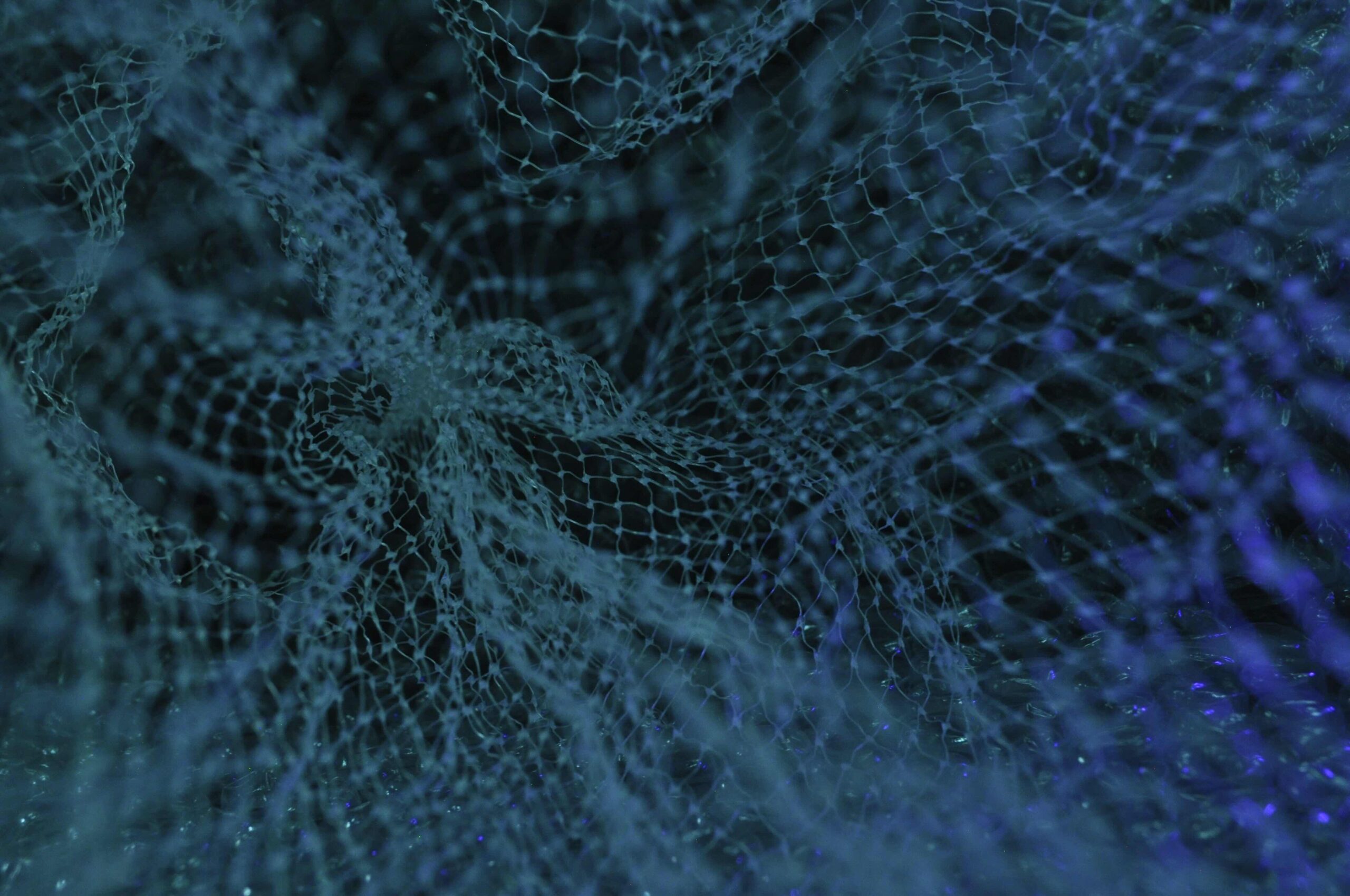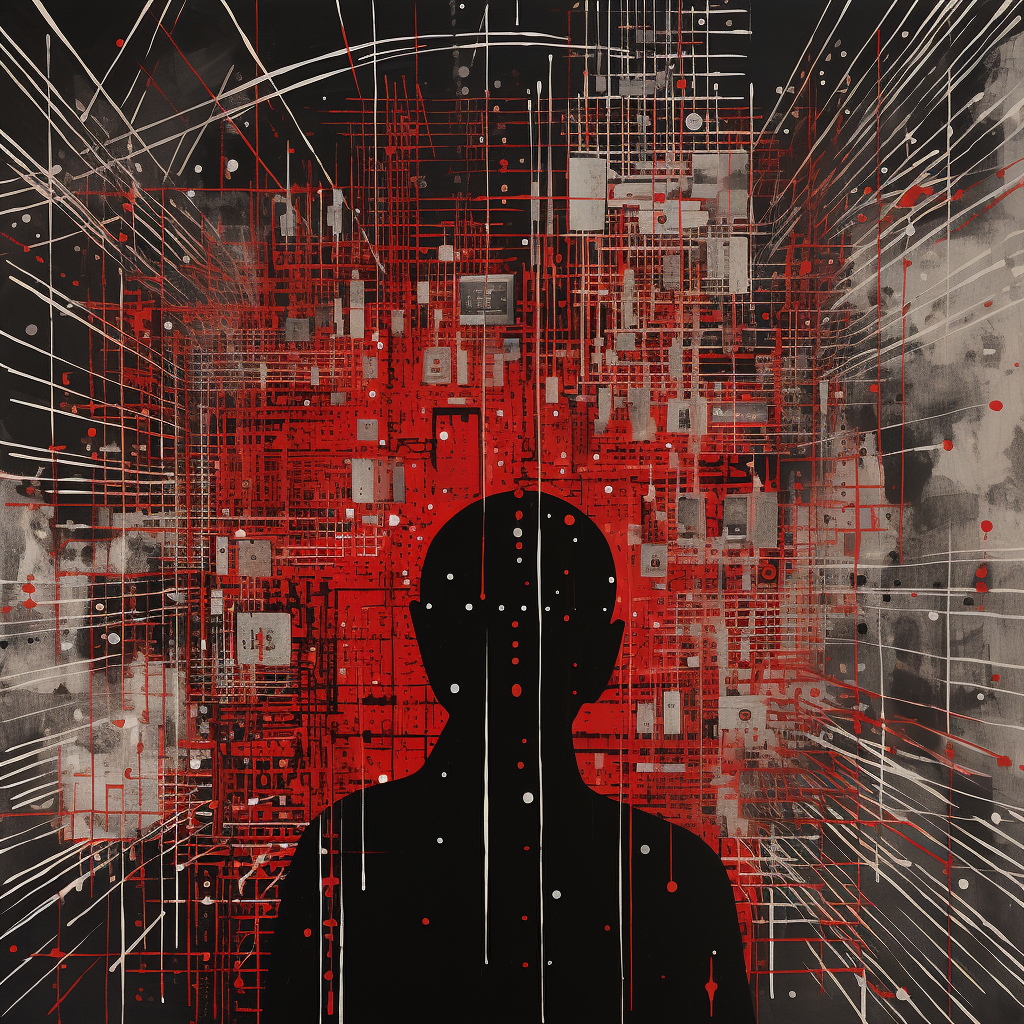-

Are AI companies using copyrighted data?
The current era of training large AI models requires three fundamental requirements: advanced algorithms, advanced computer chips, and a lot of data. This last component has become a sticking point for AI companies in recent years, including OpenAI, Anthropic, Meta, and Google. These companies have essentially hovered up the entire internet in their fight to…
-

How can you distinguish human-made content from AI-generated content?
AI-generated content is everywhere on the web. Videos, images, art, writing, and recently even music created by AI have become increasingly prevalent. How will we continue to distinguish real from fake? The short answer is that it’s hard, and there’s good news and bad news. The good news is that certain common features or deficiencies…
-

Sign Open Letter on Deepfakes
“Disrupting the Deepfake Supply Chain” is an open letter raising awarneess for the need to criminalize, and prevent the production of, non-consensual and misleading deepfakes. These false images and videos are incredibly harmful and threaten to degrade social trust, damage democracies, and exacerbate sexual harassment faced by women in particular. To read the full open…
-

Will AI take my job? How AI automation could impact employment
Exploring the likely impacts of AI on human labor As artificial intelligence continues to make significant progress, many people are beginning to wonder about their own job security. We’ve considered this a fair amount, and our simplest answer is: virtually every job in today’s economy has a significant potential to be automated within the coming…
-

What are AI Companions and how could they cause harm?
Here’s What you should know about Replika’s privacy policy. One of the main ways that everyday people use AI today is in the form of “chatbots.” These are AI systems that are fluent in written language and who communicate with the user through a traditional direct messaging interface — if you’ve used OpenAI’s ChatGPT or…
-

PauseAI Advocacy
PauseAI is an international group of activists who are raising their voices to demand a temporary moratorium on the development of new AI models more powerful than GPT-4 until we better know how to manage the risks of AI. They are constantly organizing in-person events that you can learn about via their “Protests” page. There…
-

Submit Red Teaming Findings
One of the most useful ways to hold AI companies accountable is to discover and gather evidence of the harms their models pose. This furthers our understanding of their risks and helps us build evidence to present to companies, policymakers, and the public to ensure that these companies are accountable to ensuring their models behave…
-

Sign Data Privacy Petition
Multiple major tech companies appear to be planning to use user data to train their artificial intelligence models. In early August, video conferencing platform Zoom changed its terms of service to include the following provision: “You consent to Zoom’s access, use, collection, creation, modification, distribution, processing, sharing, maintenance, and storage of Service Generated Data for any purpose, to the…
-

Sign Model Transparency Petition
Over the past year, OpenAI has been secretly changing ChatGPT. Researchers from Stanford and UC Berkley found that the behavior of ChatGPT changed significantly between March and June 2023, despite ChatGPT being marketed as the exact same product to customers. Source: https://arxiv.org/abs/2307.09009 In some cases, this has resulted in the model performing worse. At the…
Got any book recommendations?